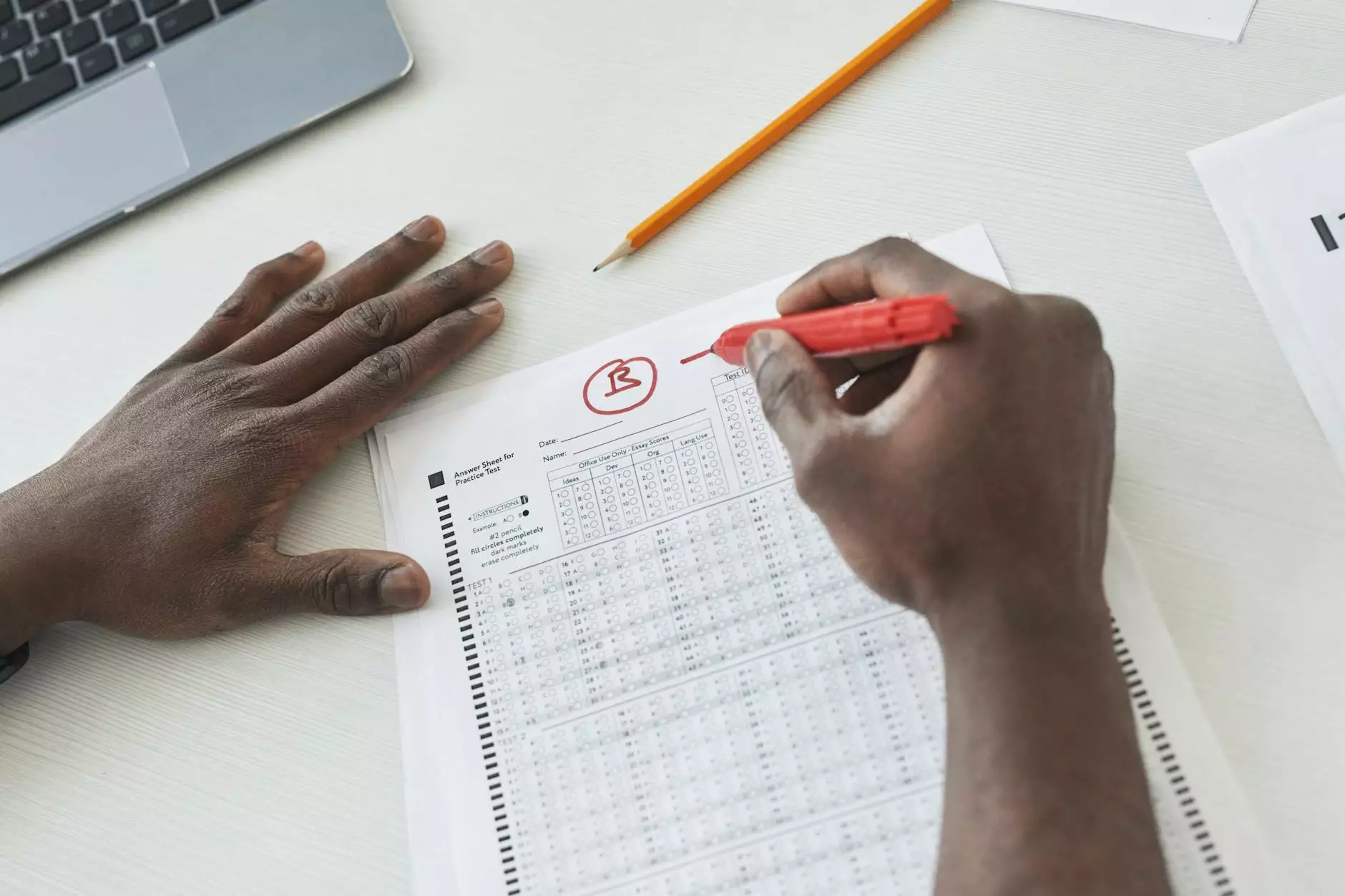DUI Checkpoints - Do They Help Keep Us Safe?
DWI/DUI
Welcome to The Skiendziul Law Firm's page dedicated to exploring the efficacy of DUI checkpoints in maintaining public safety. As a leading law firm specializing in DUI cases, we understand the importance of informed decision-making and the need for accurate information regarding DUI checkpoints.
The Purpose of DUI Checkpoints
DUI checkpoints, also known as sobriety checkpoints or roadblocks, are temporary traffic stops set up by law enforcement to identify and deter impaired drivers. These checkpoints are typically established in areas with a high volume of DUI-related incidents or during periods of increased risk, such as holidays or weekends. The primary goal is to protect the public by reducing the number of intoxicated drivers on the road and thereby preventing accidents, injuries, and fatalities.
The Effectiveness of DUI Checkpoints
Research and statistical analysis have shown that DUI checkpoints can be an effective tool in combating drunk driving. Studies have consistently demonstrated a decrease in alcohol-related crashes and injuries in areas with implemented sobriety checkpoints. The presence of checkpoints acts as a deterrent, reminding drivers to make responsible choices and encouraging them to find alternative transportation if they have consumed alcohol.
According to a study by the National Highway Traffic Safety Administration (NHTSA), DUI checkpoints have resulted in a significant reduction in alcohol-related fatalities. The study revealed that areas with DUI checkpoints experienced a 20% decline in drunk driving deaths compared to those without these enforcement measures. This substantial decrease unquestionably contributes to safer roads and communities.
Controversies Surrounding DUI Checkpoints
While DUI checkpoints have proven effective in reducing drunk driving incidents, they have also faced criticism and legal challenges. Some individuals argue that sobriety checkpoints infringe upon their constitutional rights and violate the Fourth Amendment protection against unreasonable searches and seizures. These concerns mainly revolve around the potential for police misconduct or abuse of power during checkpoint operations.
However, it is essential to note that the United States Supreme Court has affirmed the legality of DUI checkpoints as long as specific guidelines and protocols are followed. These guidelines are designed to ensure the checkpoint's constitutionality and protect individuals from harassment or unjust treatment. States and law enforcement agencies take measures to maintain the balance between public safety and individual rights.
The Skiendziul Law Firm's Expertise in DUI Cases
At The Skiendziul Law Firm, we understand the complexities and legal implications that arise in DUI cases, including those involving DUI checkpoints. Our experienced team of attorneys is well-versed in the laws surrounding DUI enforcement and can provide personalized legal support.
We critically analyze the circumstances of each case, looking for potential violations of constitutional rights, including those related to sobriety checkpoints. Through our diligent efforts, we aim to secure the best possible outcomes for our clients, ensuring their rights are protected and fair justice is served.
If you or a loved one is facing DUI charges or have concerns about DUI checkpoints, our skilled attorneys are here to help. Contact The Skiendziul Law Firm today to schedule a consultation and discuss your legal options.
Conclusion
While controversies persist regarding the constitutionality and implementation of DUI checkpoints, their effectiveness in reducing alcohol-related crashes and fatalities cannot be denied. Research supports their positive impact on public safety, making them a crucial tool in the fight against drunk driving. The Skiendziul Law Firm stands ready to assist and navigate through the legal complexities associated with DUI cases, providing expert legal representation and guidance when it matters most.









